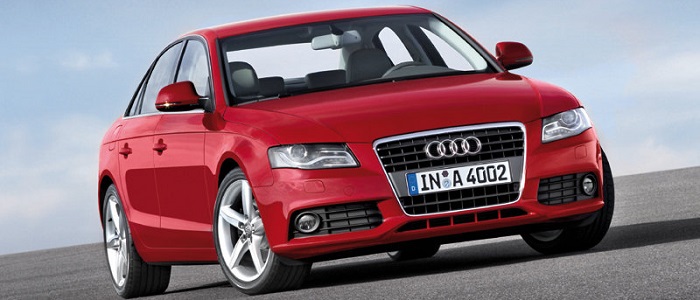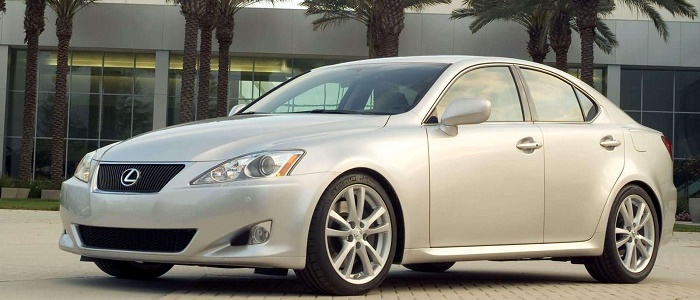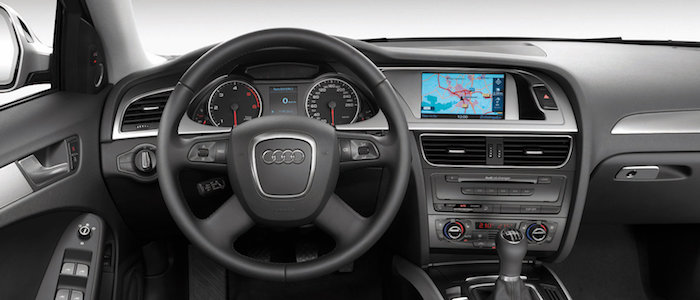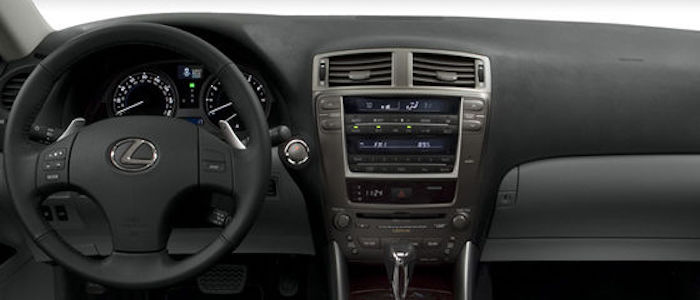Compare two cars
Compare any two cars and get our Virtual Adviser™ opinion
Marketing
Dimensons & Outlines
Engine
Performance (manual gearbox)
Performance (automatic gearbox)
Expenses
Virtual Adviser's™ opinion
Two significantly similar cars, no doubt about that. Still, each one has something different to offer. Having both cars powered by petrol engines and utilizing the 4-door sedan body style within the same 'Large family car' segment, the only major difference here really is their wheel drive configuration (front for the Audi and rear in the case of the Lexus). The first one has a Volkswagen-engineered powertrain under the hood, a 4-cylinder, 16-valves 120hp unit, while the other one gets its power and torque from a 6-cylinder, 24-valves 207hp engine designed by Toyota.
SafetyA starting point here would be to take a look at the results from European New Car Assessment Programme (Euro NCAP) tests which were performed on both of the cars, with the same number of safety stars gained in the process. That aside, let's consider some other aspects which affect safety. Both vehicles belong to the large family car segment, which is generally a good thing safety-wise, but it doesn't do much to help us decide between the two. On the other hand, taking kerb weight as an important factor into account, the Japanese car offers a marginal difference of 9% more metal.
ReliabilityReliability is not the best thing to consider on the make level, but it is worth mentioning that Lexus as a brand displays somewhat better results, all the models observed together. These are the results of an independent reasearch, while our visitors describe reliability of Audi with an average rating of 4.2, and models under the Lexus badge with 4.9 out of 5. Independent research findings rank A4 as average reliability-wise, and IS is more or less at the same level.That apart, owners of different cars powered by the same engine as the German car rank it on average as 1.0, while the one under the competitor's bonnet gets 5.0 out of 5.
Performance & Fuel economyLexus is undoubtly more agile, reaching 100km/h in 2.4 seconds less than its competitor. In addition to that it accelerates all the way to 230 kilometers per hour, 22km/h more than the other car. When it comes to fuel economy an obvious choice would be the German car, averaging around 7.1 liters of fuel per 100 kilometers (40 mpg), in combined cycle. That's 38% difference compared to the Japanese car!
Verdict
Lexus definitely wins the reliability competition, everything taken into consideration. The most important thing when deciding between any two vehicles should always be safety, both passive and active. In my opinion, everything taken into account, the Japanese car offers slightly better overall protection and takes the lead. It all continues in the same direction, with Lexus being considerably quicker, thus putting more smile on driver's face. It does come at a cost though, and that's the fuel consumption... At the end, as much as I'd like to give you a winner here, it's simply a pure tie if you ask me. In any case that's my personal view, built upon all the data available to me. What should decide here though is the way you feel about the two vehicles, and I hope you'll find my guidelines useful in the process. Also, you could use the oportunity to find out which car, everything taken into account, would be the perfect choice for you in the eyes of the virtual adviser™, among thousands of similar, yet so different vehicles.


































